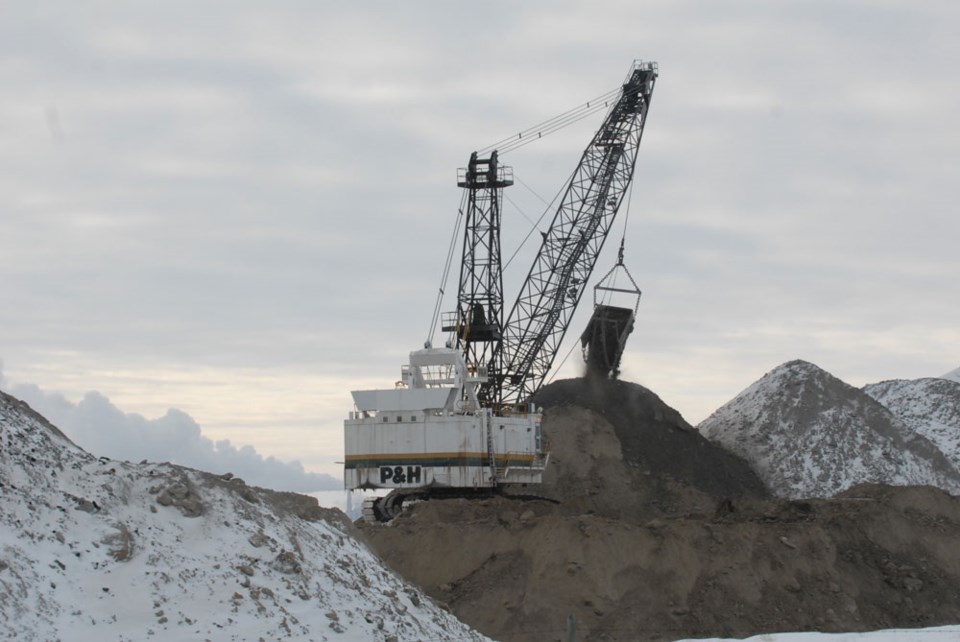Prime Minister Justin Trudeau announced Friday the next major environmental initiatives with reference to climate change, and the cornerstone is an increase of the federal carbon tax from the current $30 per tonne of carbon dioxide (CO2) to $170 per tonne by 2030.
Saskatchewan Premier Scott Moe replied that the prime minister and his then-environment minister lied about the carbon tax.
The new plan is called A Healthy Environment and a Healthy Economy.
Trudeau said, “As we continue to address the impacts of COVID-19 and ensure our strong economic recovery, we must also continue to fight climate change for the good of Canadians, our economy, and our planet. Canadians don’t have to choose between clean air and good jobs. This strengthened climate plan will help us build a healthier, fairer and more resilient future that we can be proud to pass on to our children and grandchildren.”
The plan repeatedly refers to “carbon pollution.”
The carbon tax started in 2019 at $20 per tonne, and was initially meant to rise $10 per tonne each year to 2022, when it would then be $50 per tonne. The new announcement will mean an increase of $15 per tonne for the eight following years, such that by 2030, the tax will be $170 per tonne.
The federal government’s backgrounder noted this will be done “while returning the proceeds back to households such that the majority receive more money back than they pay in provinces where the federal system applies.”
In addition to the continually increasing carbon tax, the federal government will be imposing a new Clean Fuel Standard, with the intention of reducing carbon intensities. Initially this was meant to be applied to solid, liquid and gaseous fuels, but the Dec. 11 announcement backgrounder noted, “In the context of the continued increase to the carbon price, the scope of the Clean Fuel Standard has been narrowed to cover only liquid fossil fuels.”
Saskatchewan Energy and Resources Minister Bronwyn Eyre has in recent months repeatedly referred to the Clean Fuel Standard as a “second carbon tax.”
The plan noted, “The government will continue to return all proceeds back to Canadian families and their communities, ensuring that the majority of households receive more in payments than they face in costs. These payments will move from annual to quarterly payments starting as early as 2022.”
It also says it will be “revenue neutral.”
Catherine McKenna, Minister of Infrastructure and Communities, and notably the former Minister of Environment and Climate Change who initially implemented the carbon tax, said in a release, “Climate action is about good jobs, Canadian innovation, clean air and water, more inclusive communities and, most of all, a better future for our kids. If we take the same approach to the climate crisis as we are to the COVID-19 pandemic – urgency, science-based decisions, working together across borders and focusing on the planet we want for everyone – we will win the race against climate too.”
Premier Scott Moe pulled no punches in his response, which he released in an emailed statement on Friday.
Moe said, “Justin Trudeau and Catherine McKenna lied to Canadians. Just before the last election they vowed that they would not raise the carbon tax. Trudeau has now announced that the carbon tax will be jacked up nearly six times what it is today by 2030. This massive increase comes at a time when hardworking families in Saskatchewan are looking for certainty, not added costs. Now is not the time to hike the cost of living by increasing fuel and adding uncertainty to our economic drivers.
“The Trudeau government should be showing leadership, working with provinces, and working in partnership to invest in the pathways needed to reduce emissions. The focus should be on new technology and innovation in our industries, such as carbon capture and storage or electrifying flare gas emissions, rather than focusing on a single carbon tax that will increase the cost of everything.
“The Trudeau government had previously committed to consultations on any increase to the carbon tax beyond 2022, but no such consultations with myself, the Environment Minister or the province occurred.
“Our government will continue fighting this ineffective and unconstitutional carbon tax that only serves to penalize the daily activities and livelihoods of Saskatchewan people.”




